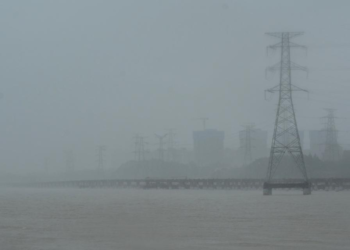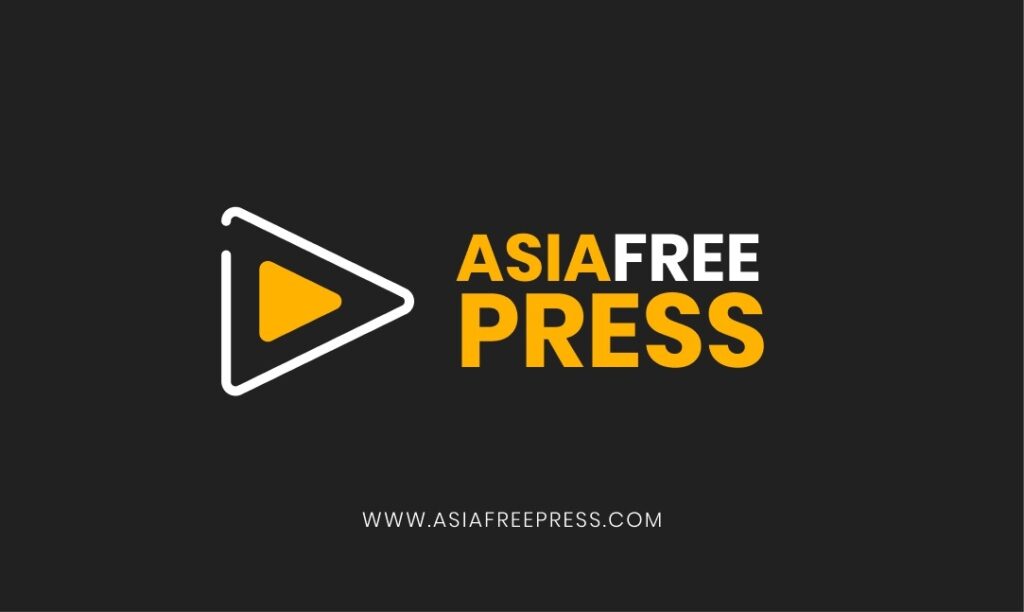UNITED NATIONS, Apr 26 (Agencies): Against the backdrop of conflicts, post-pandemic shocks and climate change, Pakistan Monday called for “generous” political and economic support for the people living under foreign occupation like those in Palestine and Jammu and Kashmir.
“For developing countries, a first priority is poverty reduction, especially in crisis and conflict situations,” Ambassador Munir Akram told the UN Commission on Population and Development,” saying that Pakistan recognized the importance of population strategies especially dealing with health and related social issues.
“Emergency humanitarian and economic support is essential in situations such as in Afghanistan, as well as for the people of occupied Palestine and Jammu and Kashmir,” the Pakistani envoy added.
He underscored the need for understanding population dynamics as societies around the world strive to achieve the ambitious and holistic 2030 Sustainable Development Goals (SDGs).
“An educated, skilled healthy and empowered population is the key driver of development; a people which is ignorant and uneducated and enfeebled by disease and unemployment is a drag on development and a recipe for persistent and growing poverty.”
The developing countries, he said, have been devastated in the last 2 years by the coronavirus pandemic and natural and man-made disasters, as well as price inflation in food, energy and other essential commodities, requiring mobilization of adequate finance to respond to these multiple exogenous shocks to their economies and people.
Ambassador Akram endorsed the call by UN Secretary-General and in the FfD (financing for Development) Declaration for larger concessional assistance, debt relief, re-allocation of unutilized SDRs (special drawing rights), larger financing from the IMF and regional banks, and mobilization of the promised $100 billion annually in climate finance, to enable developing countries to recover from these crises and revive their economies.
Apart from such emergency measures, the realization of the demographic dividend for the developing countries, and realization of the SDGs, requires comprehensive national and international policy actions including:
— a priority focus on human development, with adequate spending on quality education and health, especially the empowerment of women and youth in development;
— adequate investment in sustainable infrastructure – energy, transportation, agriculture, housing, which can create jobs, ensure economic growth and lay the foundation for industrialization and sustained growth;
— the construction of an equitable international financial architecture, including a fair international tax system;
— reform of the world trade regime to allow developing countries preferential and full access to global markets for goods and services to enable export-led growth;
— overcoming the growing digital divide between the industrial and developing countries, and,
— halting and reversing the outflow of billions each year in illicit financial flows from developing countries.




















